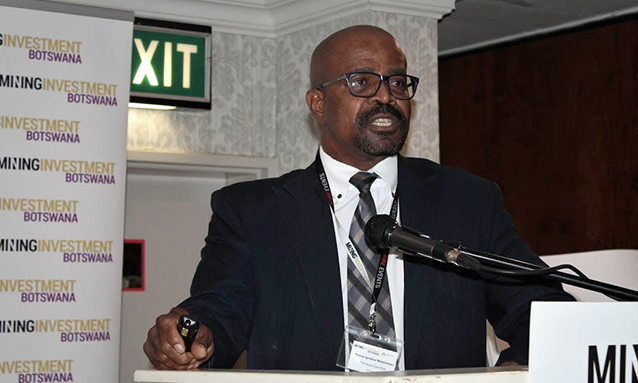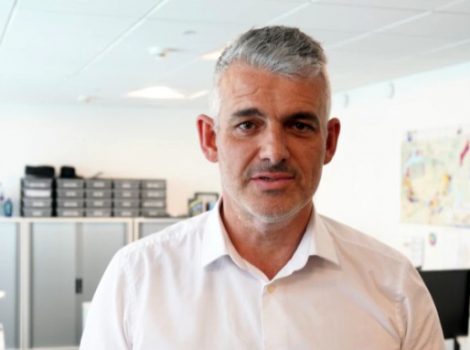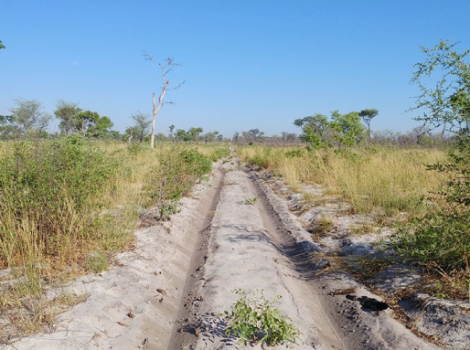
Morupule Colliery Mine’s Chairman, Dr. Bonny Matshediso has sounded warning bells to the mining sector about the impending mining framework, saying it will compel the industry to commit more to the empowerment of Batswana.
“What happened with the closure of BCL mine in Selebi Phikwe was wrong. It impacted on the lives of people in Selebi-Phikwe and the surrounding areas. Some people were so disadvantaged. Some even committed suicide,” said Matshediso.
“People in Selebi Phikwe and around observe that their environment was impacted by the smelter, ” he told Botswana Mining and Energy Conference on Wednesday.
“We have to ensure that mining is done responsibly without affecting human rights,” he added.
Government officials at Fairgrounds Office Park are busy re-tooling the mining legislation that broadly talks to Environmental, Social and Governance issues.
“If you go to Johannesburg, you will see a lot of dumps of disused mines. And you if look at Johannesburg it is industrialised. That ( development) happened because of the existence of the mines,” he added.
His warning comes at a time when Botswana is preparing itself to be the hub of power generation and supply in the southern African region in under 10 years. New power-focused mines will be taking -off this year into the next three years- with Tlou Energy being in the lead by starting operations this year.
Indian company, Jindal will be in Mmaphasalala in the Mmamabula coalfields area and A-Cap extracting uranium – for nuclear energy- also in the central district- with both expected to commence 2-3 years from now. Jindal’s plans have been blessed by both Botswana and South African governments by committing to build a railway-line that connects it to Lephalala- in the Limpopo area. The 75 km railway line is expected to be completed in two years.
It is also building a 300 MW power station that will be connected to the Botswana Power Corporation’s (BPC) national grid. Already there is hunger for coal in South Africa and internationally–with Morupule Colliery alone expected to move 1.2 million tonnes of coal to Botswana’s neighbour this year. Europe and India are also in desperate need of Botswana’s coal.
“The government of Botswana needs to critically review the impact of mining in the local communities directly affected by the mining operations and have an input as regulator.
These guidelines will provide the government of Botswana with a foundation for robust SED ( social , Economic and development) legislation.
He said they had done extensive research which calls for the SED frameworks that will inform large scale mines to prepare for the SED Plan- especially in their zone of influence. The framework is expected to act as socio-economic performance measure tool for stakeholders in the communities they operate in. One of the proposals will call the restructuring of the royalities that mines pay to government. According to Dr. Matshediso, a percentage should go to the local communities that these mine operate in.
“You have to give those local communities something . Or just 1% of the royalities,” he said.
“The SED framework is focused on the communities directly affected by the mining operation because mining has a significant impact on them with regards to health, education infrastructure and services.”
These will include the communities being given priority in terms of employment in those mines and career development for the people of those areas.
“They should extend bursaries to every Motswana -especially in the local communities,” Dr. Matshediso said.
The framework has been developed in response to the absence of voluntary SED frameworks in some of the large-scale mines in Botswana,” he added.
One of the things government is working on is to increase Batswana’s level of participation in mining procurement by raising their involvement to 50%.



